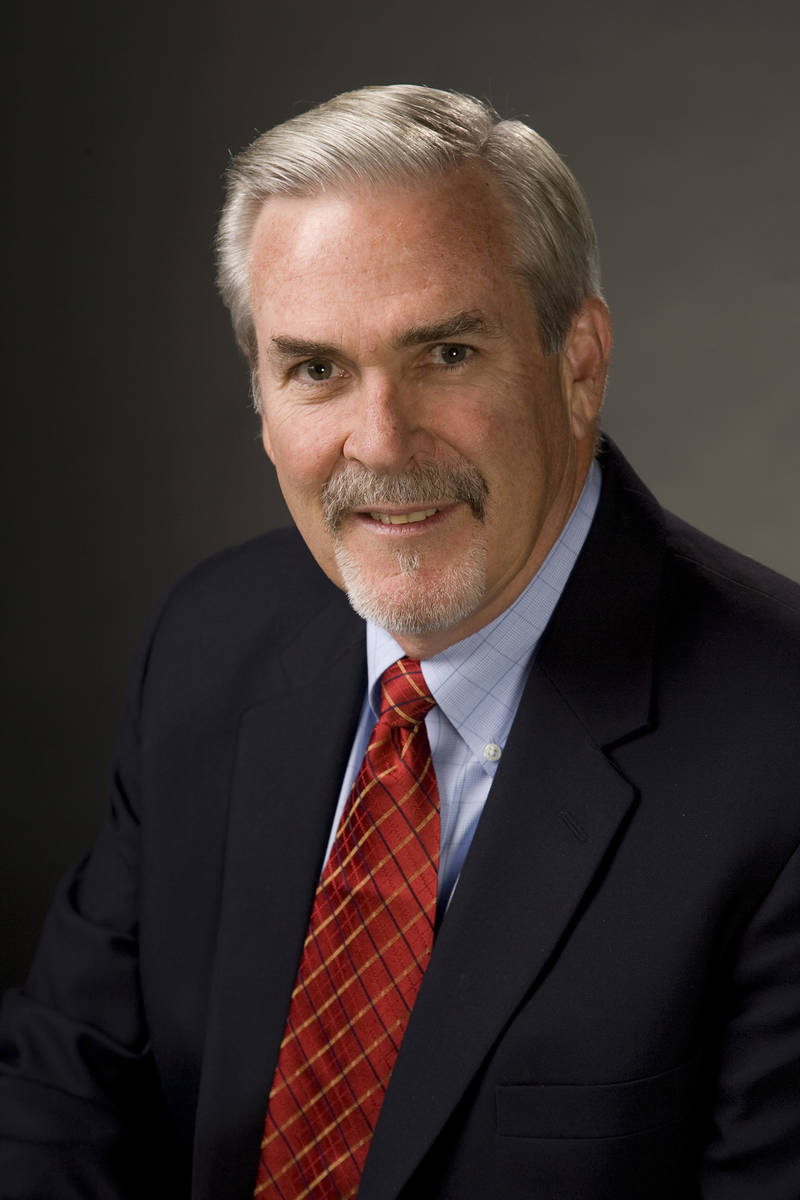UNR researcher advances understanding of GI tract
Research led by Kent Sanders, chair of the department of physiology and cell biology at the University of Nevada, Reno School of Medicine, is contributing significant scientific understanding of activity in the gastrointestinal tract known as motility.
His research investigates cellular mechanisms of pacemaker activity and neural control of GI motility. For example, Sanders’ research group was the first to isolate and demonstrate the functions and mechanisms of a special class of pacemaker cells that drive motility in organs of the GI tract.
This and other seminal research findings mark an exemplary career and led to Sanders being named the Nevada Board of Regents’ 2020 Distinguished Researcher, presented annually to recognize one researcher from across the eight institutions of the Nevada System of Higher Education, making it essentially Nevada’s top research award.
“It is difficult to imagine a more impressive level of scientific achievement, in both magnitude and duration, than that of Dr. Sanders,” said Dr. Thomas Schwenk, dean of the University of Nevada, Reno School of Medicine and vice president of the Division of Health Sciences. “He is an international rock star in the field of gastroenterology, has supported a heavily funded laboratory for 42 years, mentored hundreds of students and trainees and built one of the most highly cited departments of physiology and cell biology in the U.S.”
Smooth muscle is a specialized type of muscle cell that supports the motor activity of the GI tract, urinary tract, respiratory system, reproductive organs and blood vessels. It acts in an autonomous or involuntary way, but its activity can be controlled by neurons, hormones and locally produced chemicals called paracrine substances.
Sanders became interested in how cells are controlled by chemical reactions at their plasma membranes while a student studying chemistry at the University of California, Santa Cruz. His interest developed into studies of the electrical rhythmicity of smooth muscles during his Ph.D. work at the University of California, Los Angeles and subsequent postdoctoral Fellowship at the Mayo Clinic.
“I have devoted most of my efforts to trying to understand the mechanisms responsible for electrical rhythmicity in GI smooth muscles,” Sanders said. “Like the heart, many smooth muscles have spontaneous electrical beat. Now we know that a special class of pacemaker cells, interstitial cells of Cajal, drives electrical rhythmicity in gastrointestinal smooth muscles and oviduct.”
Interstitial cells of Cajal and other types of interstitial cells are involved in reception and transduction of neural signals, and the role of these cells is extensive in many tissues and organs. Loss or damage to these cells in disease or aging can seriously compromise the functions of smooth muscle organs.
This has been an important body of research: Problems with GI motility are significant, with related disorders affecting millions of patients and costing billions of dollars. The contributions of Sanders and his collaborators further connects GI motility to diseases such as diabetes and other metabolic and cardiovascular diseases.
Much of his study of interstitial cells was conducted in collaboration with Sean Ward and Sang Don Koh, both UNR Med professors of physiology and cell biology.

















